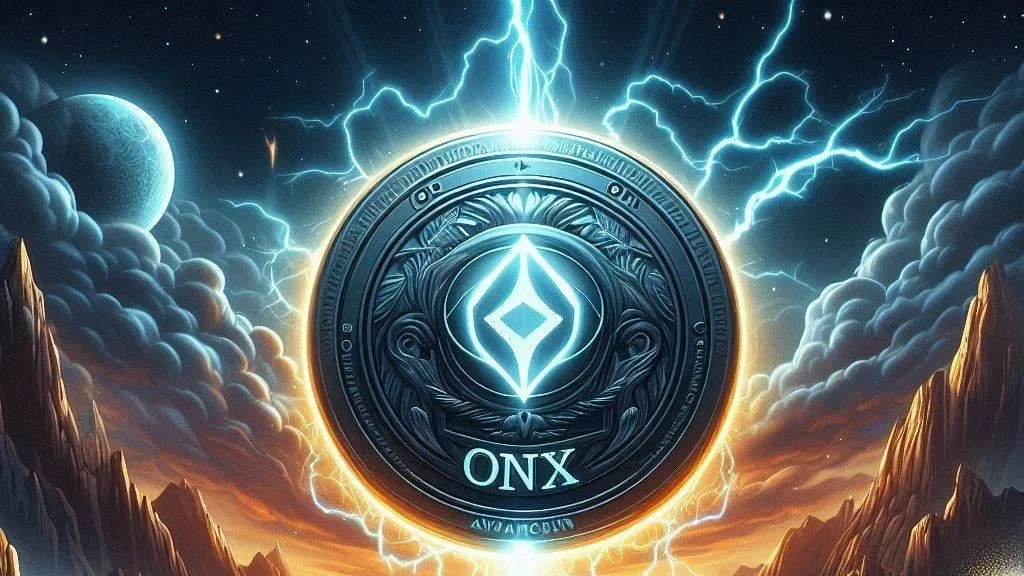
the approval of Bitcoin ETFs has triggered significant market movements, with $12 billion flowing into the market in the first quarter alone. Meanwhile, Ethereum ETFs grapple with regulatory complexities. This exploration delves deep into the dynamics of ETFs, the hurdles of regulation, and strategies for navigating the ever-evolving landscape.
Introduction: Unveiling the Complexities of Cryptocurrency ETFs
The approval of Bitcoin ETFs marked a monumental milestone in the cryptocurrency space, igniting institutional interest and capital inflows. However, Ethereum ETFs face a labyrinth of regulatory challenges, necessitating a closer examination of the intricacies involved. Understanding the dynamics of ETFs and regulatory nuances is paramount for navigating the dynamic cryptocurrency arena.
Bitcoin ETF Approval: A Catalyst for Market Momentum
The approval of Bitcoin ETFs served as a catalyst for a surge in inflows, reaching an astonishing $12 billion in the first quarter and propelling BTC prices to unprecedented heights. This validation underscores institutional confidence in cryptocurrencies. In contrast, Ethereum ETFs encounter regulatory hurdles, warranting a detailed exploration of the challenges and implications. Bitcoin ETF approval has catalyzed significant market movements, with $12 billion flowing into the market in the first quarter alone. Meanwhile, Ethereum ETFs confront a regulatory maze
Exploring the Regulatory Landscape for Ethereum ETFs
The journey towards Ethereum ETF approval is fraught with regulatory obstacles, particularly concerning the recognition of Ethereum’s commodity status by regulatory bodies. Despite optimism surrounding BlackRock’s involvement, regulatory complexities, including the SEC’s stance on Ethereum’s transition to Proof of Stake (PoS), pose significant hurdles. The SEC’s hesitance to engage with applicants adds further uncertainty to the approval process.
Deciphering the SEC’s Stance on Ethereum and the PoS Transition
The SEC’s cautious approach to Ethereum’s PoS transition complicates the ETF approval process, with concerns about fraud and market manipulation looming large. Despite optimistic outlooks from industry stakeholders, such as BlackRock, the SEC’s scrutiny of Ethereum’s security status amplifies regulatory uncertainties. Advocacy for Ethereum’s legitimacy faces skepticism amidst regulatory ambivalence.
Implications on Market Dynamics and Investor Sentiment
Ethereum ETF approval holds profound implications for market dynamics and investor sentiment, potentially attracting institutional capital and risk-seeking investors. However, regulatory uncertainties cast shadows over Ethereum’s ETF prospects, dampening market optimism and investor confidence. Navigating these challenges demands a nuanced understanding of regulatory dynamics and market sentiments.
Strategic Approaches Amid Regulatory Complexities and Market Dynamics
In conclusion, while Bitcoin ETF approval signifies a transformative phase in cryptocurrency markets, fueling institutional interest and capital inflows, Ethereum ETFs face formidable regulatory headwinds. Navigating these obstacles requires vigilance and adaptability, empowering market participants to seize opportunities and navigate the evolving cryptocurrency landscape with foresight and resilience.
Conclusion: Charting the Course Forward in the Cryptocurrency ETF Landscape
As we navigate the intricacies of the cryptocurrency ETF landscape, it becomes evident that both Bitcoin and Ethereum ETFs hold immense potential for reshaping market dynamics. While Bitcoin ETF approval has already spurred significant momentum, Ethereum ETFs face regulatory hurdles that necessitate strategic navigation. By understanding the complexities of regulations and market dynamics, stakeholders can position themselves to capitalize on opportunities and drive innovation in the ever-evolving cryptocurrency ecosystem.




Get the latest Crypto & Blockchain News in your inbox.